África/Tanzania/03 Junio6/Fuente:Dailynews /Autor: Hazla Omar
Resumen: La Asociación de Guías de Tanzania, en conjunción con la recién creada ‘TechChix de Tanzania han ideado un programa especial destinado a inculcar el interés por la ciencia entre los estudiantes de las escuelas secundarias locales.
Arusha — The Tanzania Girl Guides Association in conjunction with the newly established ‘TechChix Tanzania’ have hatched a special programme aimed at inculcating interest in science among female students in local secondary schools.
According to the Director of TechChix Tanzania, Ms Rebeca Ryakitimbo, they intend to organize a meeting of female students from a total of 70 secondary schools from Tanga, Arusha, Manyara, Singida and Kilimanjaro regions.
The students will gather at the Nelson Mandela Institute of Science and Technology (NM-AIST) next month. «The gathering is aimed at sensitizing girl students to undertake science subjects and also encourage those taking them not to drop out of the stream because many of the girls in the country seem to steer away from science subjects upon reaching Form Three.»
This was said by Ms Ryakitimbo who added that during the meeting, a number of female speakers who succeeded in science and engineering careers will share their life experiences.
The TechChix Director was speaking during a recent ‘Day of Stem Mentoring,’ event, where STEM stands at Science, Technology, Engineering and Mathematics. The mentoring sessions were held at Arusha Secondary School. The event attracted over 200 female students from eight schools in Arusha City.
Mwalimu Monica Kwayu, who owns the Peace Academy School and previously taught Chemistry at Arusha Secondary school, was the facilitator during the STEM training day and used the occasion to enlighten the girls on the importance of science subjects in modern days.
The students in attendance were taken from eight secondary schools among them, Saint Judes, Notredame, Renee, Meru, Peace Academy and the host Arusha Secondary School.
The Training Commissioner for Tanzania Girl Guides, Mrs Patricia Mbuya, said the forthcoming meeting at NM-AIST will give priority to institutions that have Girl Guide groups.
«Female students who are members of Girl Guide Associations happen to be more confident, understanding and can easily be taught, unlike those who are outside the movement,» said Mrs Mbuya, adding that despite that, they anticipate a huge turnout of participants.
Established in 2016, TechChix which stands for Technology ladies is a nonprofit organization that seek to provide STEM awareness to tomorrow’s leaders who are the young girls of today by teaching them STEM related programmes.
Being an NGO run by females in technology field it also seeks to inspire not only young ladies to join fields in STEM but as well as to pursue careers related to it so as to bridge the gap between the two opposite sexes in technology.
Fuente de la noticia:http://dailynews.co.tz/index.php/home-news/50047-move-to-enlighten-girls-on-science
Fuente de la imagen:https://images.indiegogo.com/file_attachments/683633/files/20140630013044-Meru_girl_cropped.jpg?1404117044

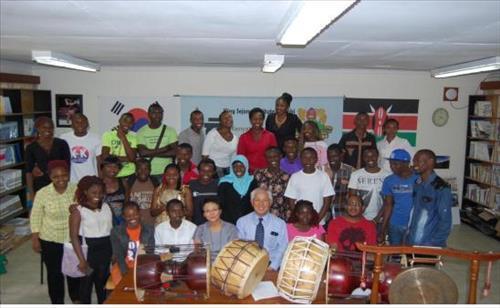

/A7DAFB269E5ADB36C1257FC000336303/$file/Colonial%20Legacies_IN%20TeXT.jpg) This paper identifies three types of welfare regimes in Africa, based on the insight that tax and expenditure regimes are closely associated. Using cluster analysis, the author highlights historical legacies in current welfare policies, demonstrating that welfare regimes in Africa have been strongly determined by the ways in which different countries were incorporated into the colonial economy. The author finds that many of the new social welfare reforms are taking place in what he refers to as labour reserve economies, and are generally internally rather than aid-driven. He stresses the importance of thinking of social expenditure in relationship to domestic resource mobilization, and finds that the focus on aid and social expenditure has tended to obscure this important aspect of welfare regimes in Africa.
This paper identifies three types of welfare regimes in Africa, based on the insight that tax and expenditure regimes are closely associated. Using cluster analysis, the author highlights historical legacies in current welfare policies, demonstrating that welfare regimes in Africa have been strongly determined by the ways in which different countries were incorporated into the colonial economy. The author finds that many of the new social welfare reforms are taking place in what he refers to as labour reserve economies, and are generally internally rather than aid-driven. He stresses the importance of thinking of social expenditure in relationship to domestic resource mobilization, and finds that the focus on aid and social expenditure has tended to obscure this important aspect of welfare regimes in Africa.
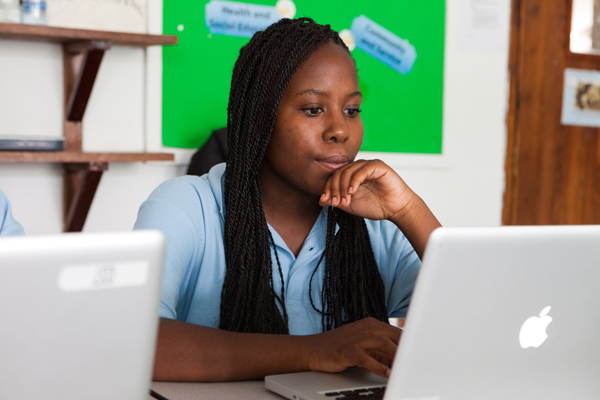
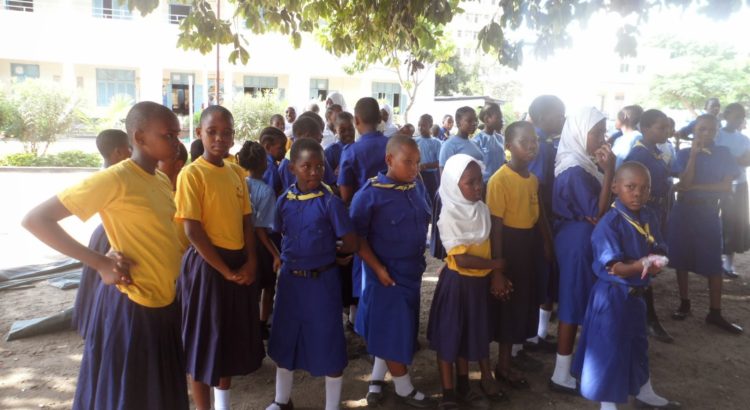
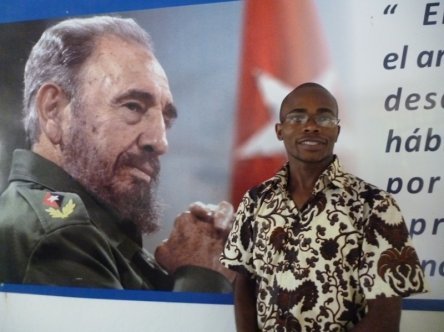
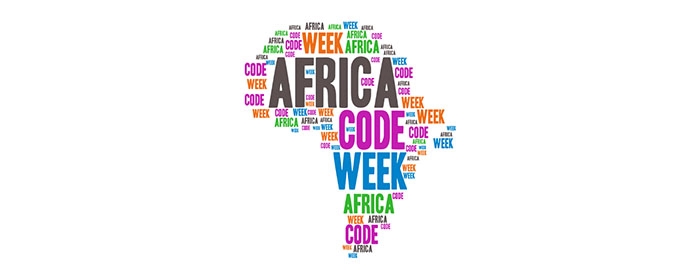





 Users Today : 0
Users Today : 0 Total Users : 35460303
Total Users : 35460303 Views Today :
Views Today :  Total views : 3419028
Total views : 3419028